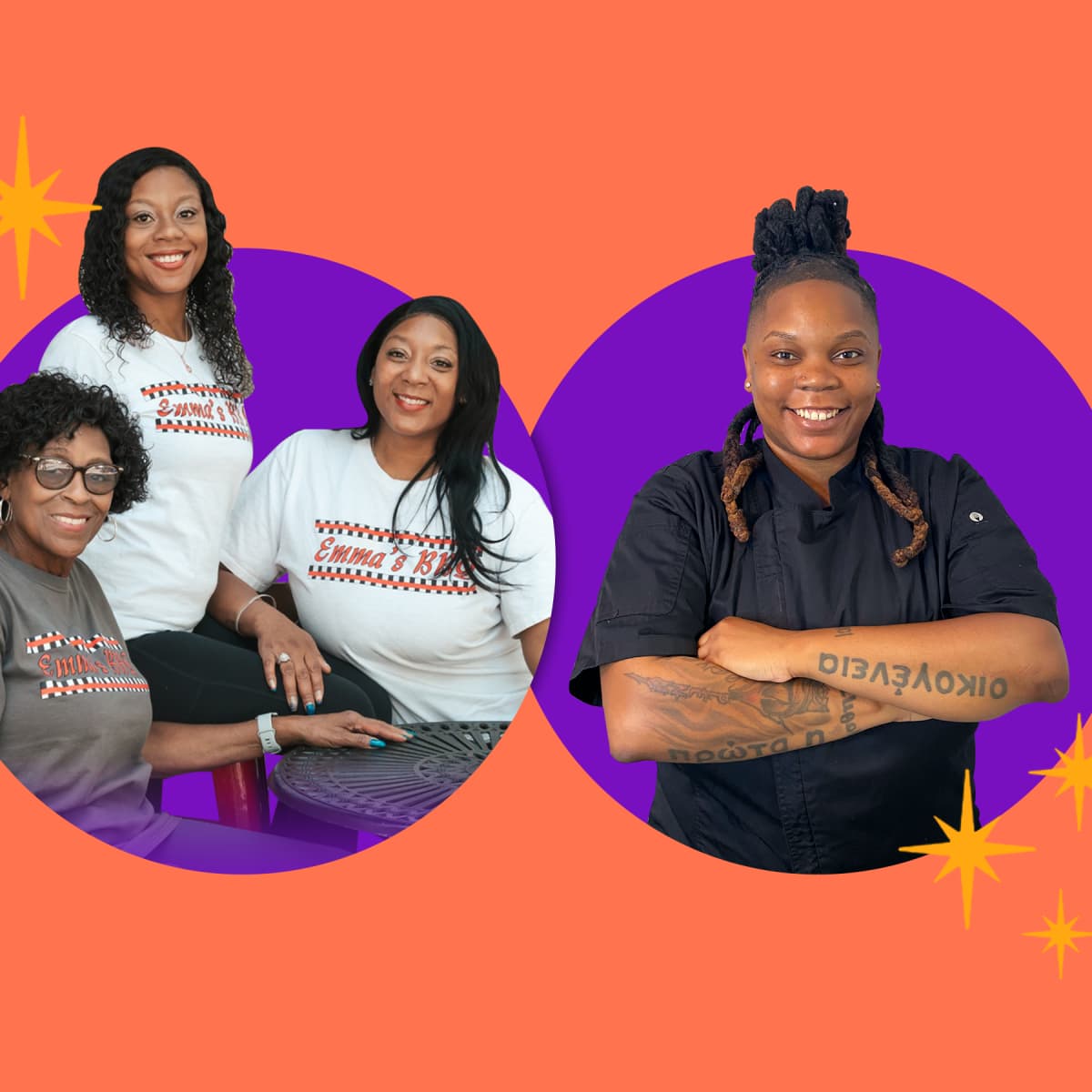Interview
It Takes a Collective Voice
We recently sat down with Accessibility Consultant and Founder of Seattle Cultural Accessibility Consortium (SCAC), Elizabeth Ralston to discuss accessibility in the arts, SCAC, and much more.
Seattle Rep: What led you to becoming an accessibility consultant?
Elizabeth Ralston: After some frustrating job experiences, I decided I had to get involved in something new to keep my morale up. As an avid arts patron, I had been thinking for a long time about equity in the arts and had started talking to people in the arts sector about the needs of people with disabilities. I realized that there was a need in our community to advance the accessibility conversation. I started the Seattle Cultural Accessibility Consortium (SCAC) in early 2019 and through my work with the Consortium, realized I had so much to offer with my public health and nonprofit background, as well as having lived experience as a person with a disability. People started coming to me with questions and needed help on a variety of projects, so I dove in and became a consultant as well. As a consultant, I help organizations with accessibility planning, review content for accessibility, give presentations and trainings on accessibility-related topics, and help organizations think through what accessibility integration looks like. Accessibility needs to be part of everything an organization does, from fundraising and marketing to programs and operations. You can learn more through my website at elizabethralston.com.
SR: How have you seen your organization grow and change over the years?
ER: SCAC started with one year of programming in-person. When the pandemic hit in 2020, we were forced to pivot to a virtual setting. We were in a great position to advise and guide others who were also having to transform their events, spaces, and programs virtually. It has been challenging because our efforts require lots of hands-on help and funds, which are often hard to come by.
SR: What hopes and dreams do you have for your organization in the future?
ER: We have so much wealth in our city and I am hopeful that corporations, businesses, and philanthropists will see that accessibility benefits everyone and give money and resources not only to SCAC to keep this conversation going, but also to the rest of the arts sector, which has taken a huge hit during the pandemic. A thriving and accessible arts sector ensures that everyone can participate and feel like they are a part of a community, including artists and people with disabilities.
SR: In your opinion, in what ways are Seattle arts and cultural organizations progressing in accessibility? In what ways can Seattle organizations continue to grow?
ER: I think there is certainly a lot more awareness in the importance of accessibility. The focus seems to be heavily on Diversity, Equity, and Inclusion (DEI) efforts and I would like to see the “A” added onto this piece because you cannot be welcoming, inclusive, and equitable if you are not accessible. I think organizations need to do a better job of having disability representation with boards, staff, and volunteers. They need to take a hard look at their hiring practices, inclusion of artists with disabilities, design practices, and access policies. They also need to do a better job of talking about accessibility, marketing what events and programs are accessible, and have more offerings of those. And also building relationships with disability communities.
SR: What does a more accessible culture for arts organizations mean for society as a whole? What does accessibility move us towards?
ER: I’ll respond to this with my public health lens: being involved in the arts helps us feel connected, less depressed, and part of something larger than oneself. It contributes to the health and well-being of our community and allows for freedom and diversity of expression. Accessibility moves us towards greater equity and inclusion for all. It also means I, as a person with hearing loss, can decide spontaneously that I want to see a show or museum exhibit and I can show up and participate without any barriers to accessibility.
SR: How can people learn more about SCAC and get involved?
ER: I think people need to continue to speak up, advocate for accessibility, and be an ally to people with disabilities. Continue to challenge the status quo and speak out if you see organizations not walking their talk. Give money to accessibility-related efforts. I’d like to see SCAC supported by government agencies, arts organizations, disability organizations, and artists. It takes a collective voice to keep this conversation moving forward and hold the arts sector accountable for its actions on accessibility.





